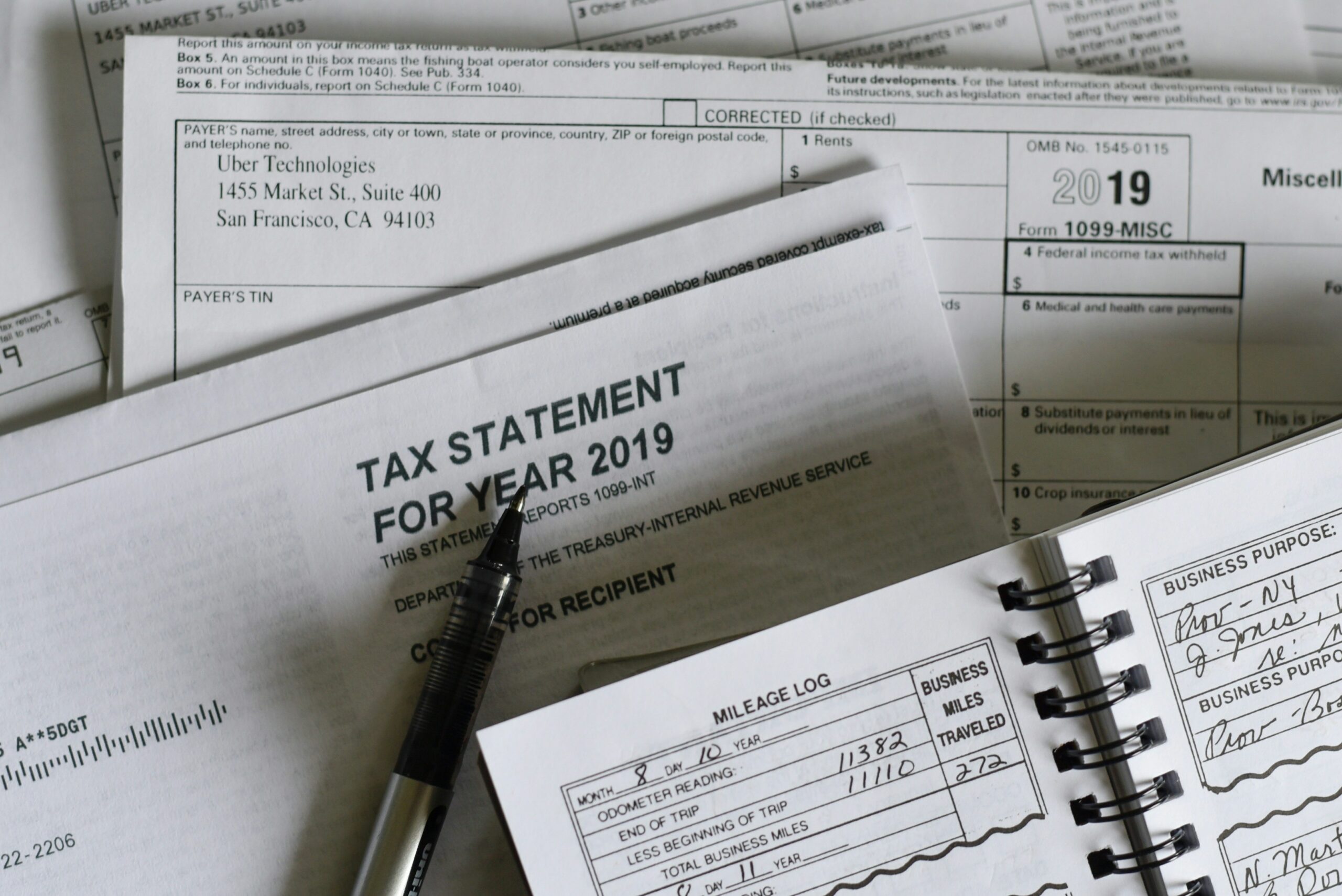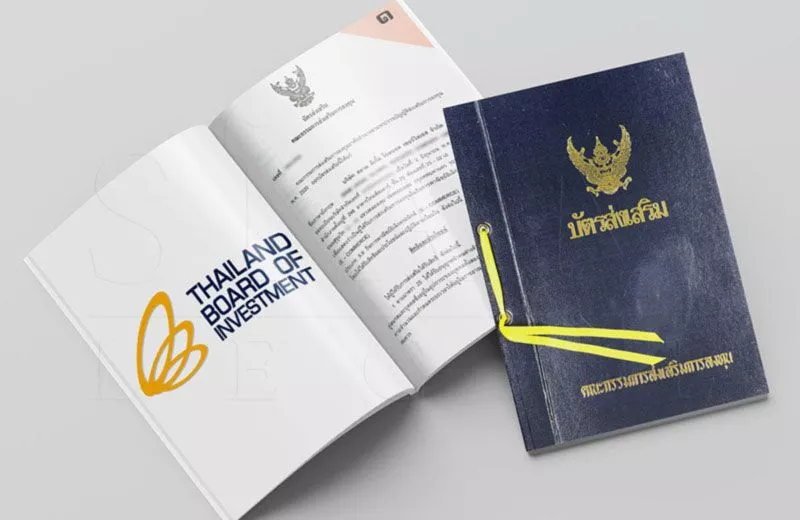Thailand Income Tax

Thailand income tax system affects residents, non-residents, employees, business owners, and foreign nationals earning or remitting income into the country. While the framework appears straightforward at first glance, practical outcomes depend heavily on tax residency, income source, timing of remittance, and the nature of the income earned. This article provides a detailed explanation of Thailand’s income tax regime, how liability is determined, applicable rates, filing obligations, and key compliance considerations for individuals.
1. The legal framework and tax authority
Thailand’s income tax is governed primarily by the Revenue Code, administered by the Revenue Department under the Ministry of Finance. The Revenue Code defines taxable income categories, residency rules, allowable deductions, filing deadlines, penalties, and enforcement mechanisms.
Income tax in Thailand is assessed on a calendar-year basis (January 1 to December 31), with filing generally due in the following year. The system applies to both Thai nationals and foreigners, but tax treatment differs significantly depending on residency status and income source.
2. Tax residency: the foundation of liability
The most critical concept in Thai income taxation is tax residency.
An individual is considered a Thai tax resident if they reside in Thailand for 180 days or more in a calendar year, regardless of visa type. This is a physical-presence test, not a domicile or nationality test.
-
Tax residents are subject to Thai personal income tax on:
-
Thai-sourced income; and
-
Certain foreign-sourced income, depending on remittance rules.
-
-
Non-residents are taxed only on Thai-sourced income, usually at flat withholding rates.
Residency is assessed annually, meaning a person may be a resident one year and a non-resident the next, depending on time spent in Thailand.
3. Thai-sourced vs foreign-sourced income
Determining the source of income is as important as determining residency.
Thai-sourced income generally includes:
-
Employment income for work performed in Thailand
-
Business income generated from activities conducted in Thailand
-
Rental income from property located in Thailand
-
Capital gains from the sale of Thai immovable property
-
Income paid by a Thai company for services rendered in Thailand
Foreign-sourced income generally includes:
-
Salary for work performed entirely outside Thailand
-
Dividends from foreign companies
-
Interest from foreign bank accounts
-
Overseas business profits
For non-residents, foreign-sourced income is not taxable in Thailand.
For residents, foreign-sourced income may become taxable if remitted into Thailand, depending on the tax year and current Revenue Department interpretations.
4. Remittance rules and recent developments
Historically, Thailand applied a remittance-based approach: foreign income earned in one year and remitted into Thailand in a later year was not taxable. However, administrative interpretations have evolved.
Under current guidance, foreign-sourced income remitted into Thailand by a tax resident may be subject to Thai tax, regardless of the year it was earned. This has major implications for retirees, digital professionals, and investors who maintain offshore income streams.
Key practical takeaway:
-
The timing, purpose, and documentation of remittances matter.
-
Transfers for living expenses, investments, or asset purchases may all be scrutinized.
-
Proper tax planning and professional advice are increasingly important.
5. Categories of taxable income
Thai personal income tax divides income into several statutory categories, including:
-
Employment income (salary, wages, bonuses, benefits)
-
Income from professional services
-
Business and commercial income
-
Interest, dividends, and investment income
-
Rental income
-
Capital gains (treated as ordinary income in many cases)
-
Other income not classified elsewhere
Each category has specific deduction rules and allowable expense treatments, which affect net taxable income.
6. Progressive tax rates for individuals
Thailand applies progressive income tax rates to residents, meaning higher income is taxed at higher marginal rates.
As of current law, individual tax rates range from 0% to 35%, applied in bands. The first portion of income is taxed at low or zero rates, with higher brackets applying only to income above each threshold.
Non-residents are generally taxed at flat withholding rates, commonly around 15%, though this varies by income type and applicable tax treaties.
7. Deductions, allowances, and tax relief
Thailand provides a range of standard deductions and personal allowances, which can significantly reduce taxable income for residents.
Common allowances include:
-
Personal allowance
-
Spouse allowance (if certain conditions are met)
-
Child allowances
-
Insurance premium deductions
-
Retirement fund contributions
-
Social security contributions
-
Approved donations
Certain income categories also allow standard expense deductions (for example, a percentage of employment income), even without itemized proof.
Understanding and properly applying these deductions is essential for accurate tax calculation and compliance.
8. Withholding tax and employer obligations
Thailand relies heavily on a withholding tax system. Employers and payers are required to withhold tax at source and remit it to the Revenue Department.
Examples include:
-
Employers withholding monthly income tax from salaries
-
Companies withholding tax on service fees paid to individuals
-
Banks withholding tax on interest income
Withheld tax is credited against the individual’s annual tax liability. If withholding exceeds the final tax due, the taxpayer may claim a refund.
9. Filing obligations and deadlines
Tax residents must file an annual personal income tax return (PND 90 or PND 91) by March 31 of the following year (extensions may apply for electronic filing).
In some cases, mid-year filings are required for certain types of income (such as business income), with payments due by September.
Failure to file or underpayment of tax can result in:
-
Surcharges
-
Monthly interest penalties
-
Administrative fines
-
Potential criminal liability for serious non-compliance
10. Double taxation agreements (DTAs)
Thailand has an extensive network of double taxation agreements with many countries. DTAs help prevent the same income from being taxed twice and may:
-
Reduce withholding tax rates
-
Clarify taxing rights between countries
-
Provide relief through tax credits or exemptions
However, DTAs do not eliminate filing obligations and must be applied correctly, often requiring residency certificates and proper documentation.
11. Common risk areas and practical issues
Key areas that frequently cause problems include:
-
Assuming visa type determines tax status (it does not)
-
Misunderstanding remittance rules
-
Failing to report offshore income brought into Thailand
-
Improper classification of employment vs independent contractor income
-
Ignoring mid-year filing obligations for business income
As enforcement and data exchange increase, compliance risks are higher than in the past.
12. Conclusion
Thailand’s income tax system is built on clear statutory principles but requires careful analysis in practice. Residency status, income source, remittance timing, and documentation collectively determine tax liability.
For individuals living, working, or spending extended time in Thailand—especially foreigners with international income—understanding these rules is essential to avoid penalties and unexpected tax exposure. While the system offers deductions, allowances, and treaty protections, these benefits must be actively claimed and properly supported.
Given recent shifts in enforcement and interpretation, proactive planning and professional advice are no longer optional for many taxpayers. Proper compliance ensures not only legal certainty but also peace of mind when living or doing business in Thailand.






